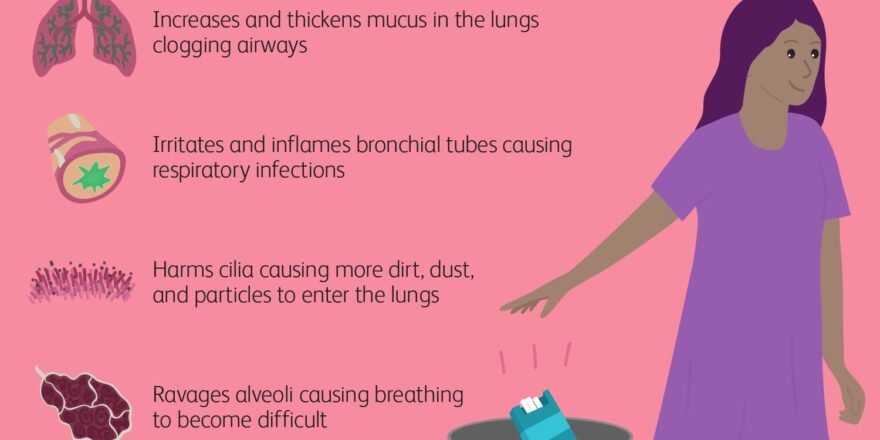The absence of mental health issues does not necessarily equate to robust mental well-being. A state of good mental or emotional health goes beyond the lack of conditions like depression or anxiety. Despite at least one in four adults having a diagnosable mental disorder, fewer than half seek treatment. So, why is it crucial to prioritize mental health?
Enhanced Physical Health
The intricate connection between your body and mind is vital to your overall well-being. Physical ailments can impact family and work life, often leading to stress, anxiety, or even depression. Just as physical health problems can contribute to mental distress, mental health disorders can likewise compromise an individual’s physical health. It is imperative to address both realms adequately to break the cycle of illness.
Positive mental health fosters good habits.
Mental health conditions can influence healthy habits, such as sensible eating, regular exercise, and sufficient sleep. Individuals facing mental turmoil may develop detrimental habits like smoking or excessive alcohol consumption, increasing the risk of physical illnesses.
A Fulfilling Life
Self-love serves as a powerful catalyst for boosting self-confidence. Maintaining mental and emotional fitness enhances self-esteem, enabling individuals to cope with stress and navigate challenging situations resiliently. Good mental health directly translates to positive outcomes, such as the willingness to acquire new skills, maintain life balance, cultivate healthy relationships, and adapt to change—factors that significantly contribute to an individual’s confidence and self-esteem.
Mental health remains a global concern, and while it gains recognition worldwide, India faces ongoing challenges in acceptance and dismantling associated taboos. In conjunction with progressive efforts to promote acceptance, understanding, and support for mental health issues, individuals can adopt simple practices to enhance their mental well-being. These practices include fostering social connections, engaging in face-to-face interactions, staying physically active, adhering to a healthy diet, managing stress, maintaining a positive attitude, practicing relaxation techniques, reducing technology usage, and ensuring quality sleep.
Always bear in mind that seeking professional help for mental health concerns should be as straightforward and essential as consulting a doctor for any physical ailment.




